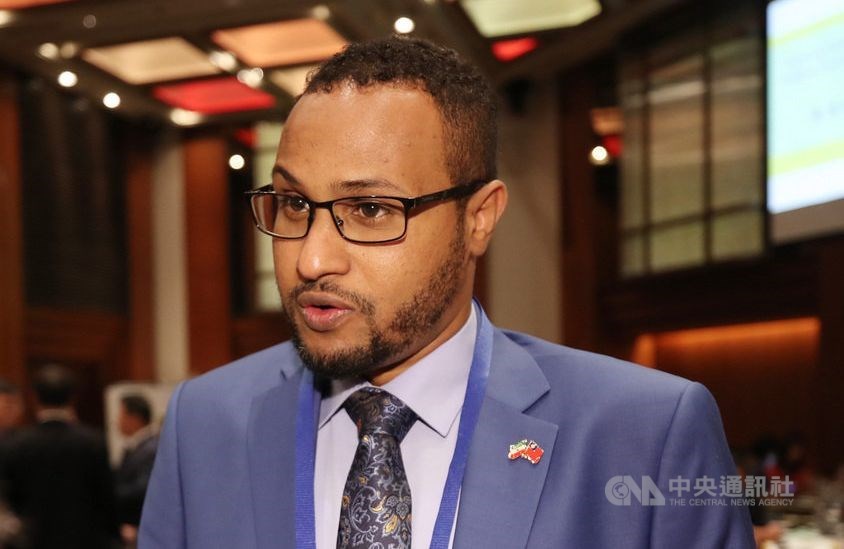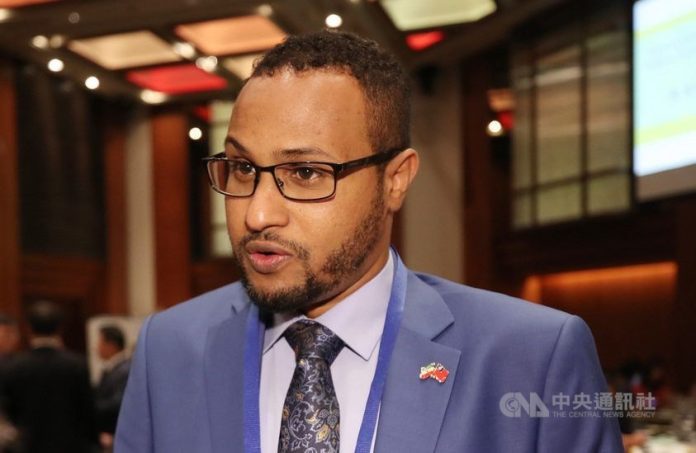I am saying this because culture transcends mere religious observance and language commonality. It comprises a variety of components that influence the way of life, traditions, beliefs, and values of a group. Although language and religion are elements of culture, they only touch small part of the cultural landscape’s vast complexity.
By offering a nuanced perspective substantiated by evidence, I shall contend that Somaliland and Somalia diverge in certain cultural facets.
First, a conspicuous facet of culture is manifested through the observance of customs and traditions within a given community. These may consist of daily occurrences, rituals, ceremonies, and celebrations. Customs pertaining to mealtimes, greetings, and social interactions, for instance, can vary considerably between Somaliland and Somalia. The diversity of societal customs has been demonstrated by anthropological research, demonstrating that culture comprises an extensive range of behavioural norms. In the case of Somaliland and Somalia most of these norms differ in all intervals.
Second, institutions and social structure; cultural differences are also reflected in the way in which societies are organised. This includes social hierarchies, political structures, economic systems, and family structures. While certain societies prioritise collectivism and individualism, others place a higher value on well-being and individual achievement. Cultural variations have an influence on various facets of life, including the decision-making process and the gender roles assigned within communities. It is clear that in this section the two (Somaliland and Somalia) are in many aspect different.
Third, aesthetics, literature, and art all contribute to the formation of culture. Anthologynomy, aesthetic inclinations, and storytelling techniques are all representative of a culture’s fundamental beliefs and worldview. Cultural expressions, particularly in literature, architecture, the arts, or music, offer valuable insights into the beliefs and aspirations of a given society. Somaliland’s culture in this part is much more different than that of Somalia.
Fourth, cultural beliefs and worldviews transcend mere convictions as they encompass an extensive array of concepts pertaining to the position of humanity in the world, nature, morality, and the cosmos. These convictions impact the manner in which people perceive their own existence and construe the universe. Cultural variations can be significant in attitudes towards nature, time, destiny, and the afterlife, among other topics. In this part, although there are some similarities, however, the two are widely differ.
Fifth, material culture and technology constitute an additional facet of society’s culture by virtue of their production and application. As technological advancements, this includes instruments, clothing styles, marriage, housing designs, and transportation methods. In addition to reflecting its evolutionary process, a society’s material culture also demonstrates its adaptability to various geographical conditions. In this area, the two are somehow different in all aspects.
Sixth, diverse Languages and Dialects; Although language is frequently regarded as a unifying element, it also demonstrates the diversity of a society. Dialects and language variations abound in numerous societies, each endowed with distinctive linguistic attributes, proverbs, and modes of communication. The multilingualism that characterises a given society underscores the dynamic quality of human interaction. In this matter, the two peoples experience barrier of communication in each other’s language.
In closing, culture encompasses a wide range of customs, beliefs, institutions, and societal norms that shape communities’ identities and experiences. Understanding this complexity enhances our recognition of differences among our cultures.


Amb Mohamed Omar Hagi Mohamoud is the Representative of Somaliland in Taiwan
#Hayaannews,Office
Hargeysa, Somaliland




